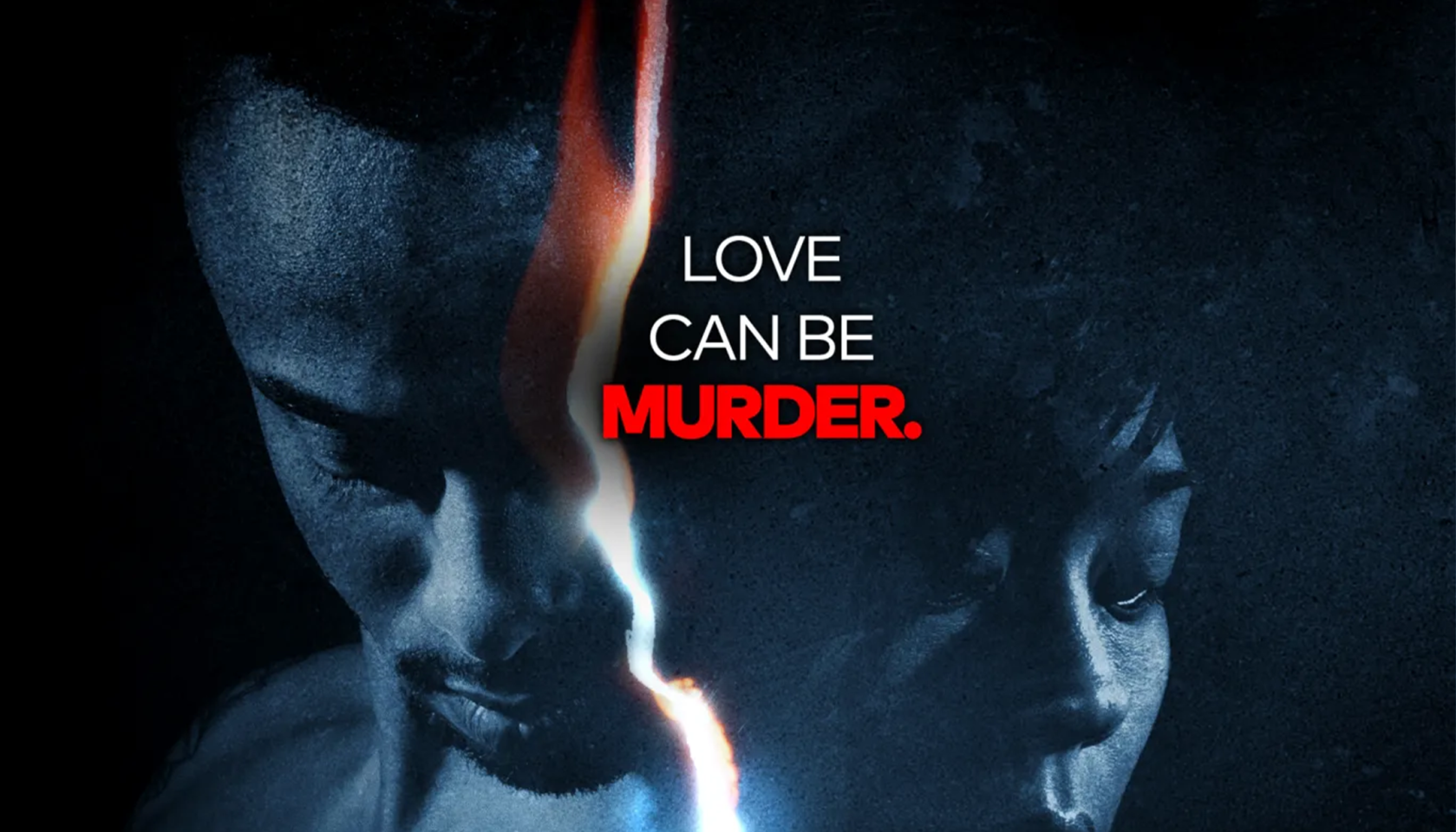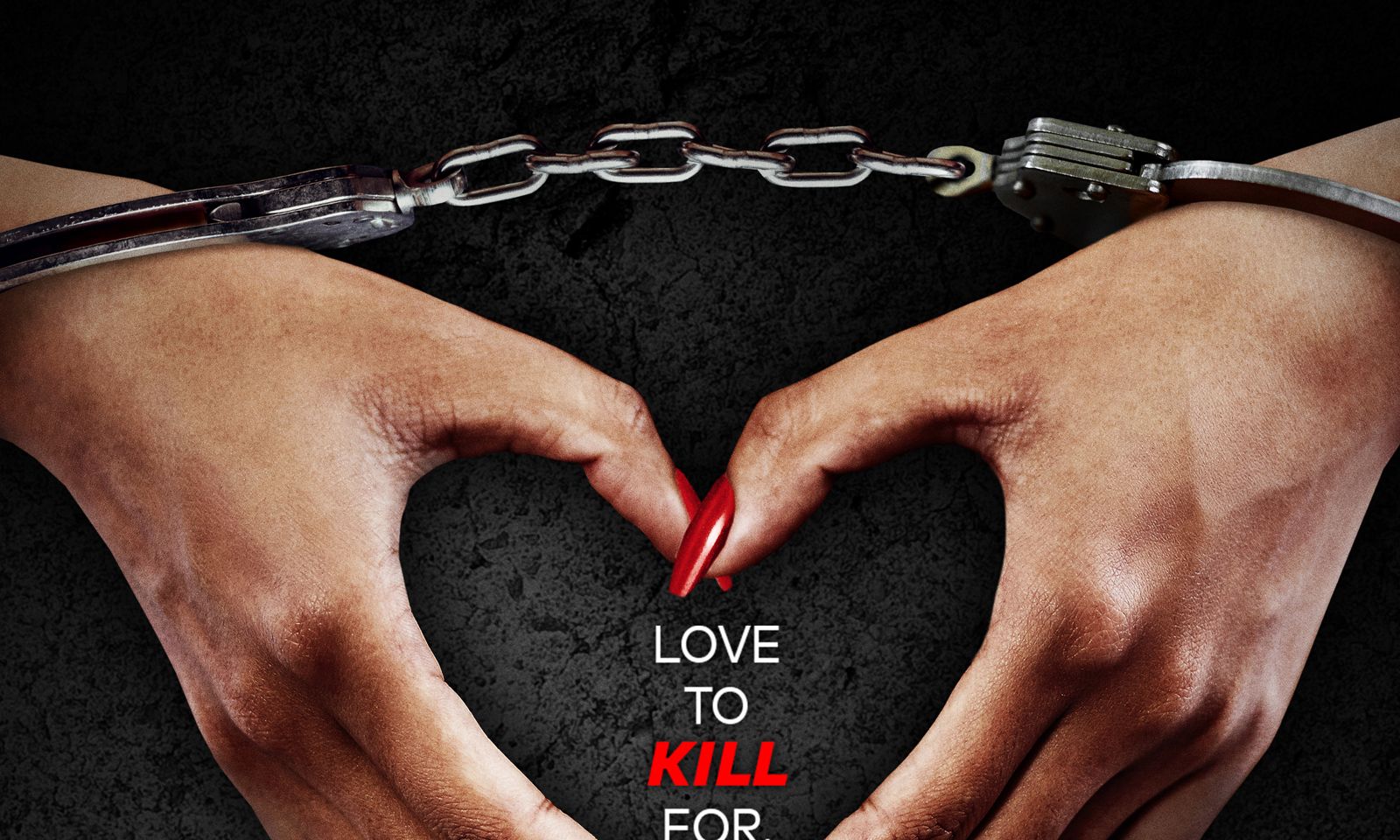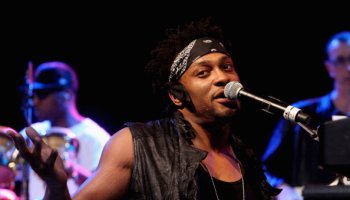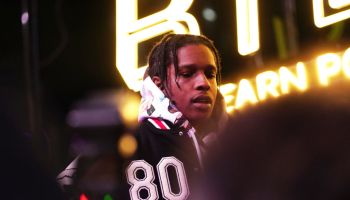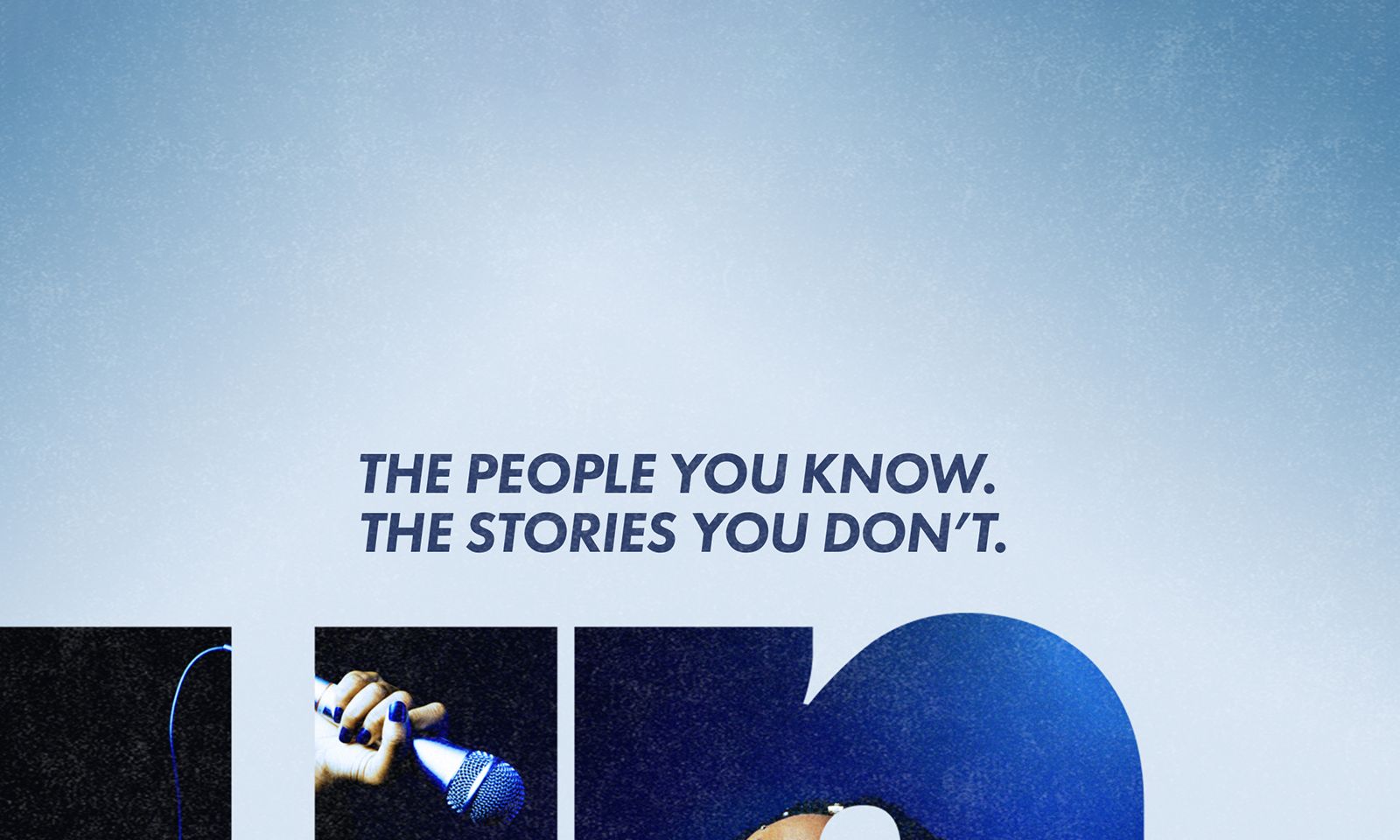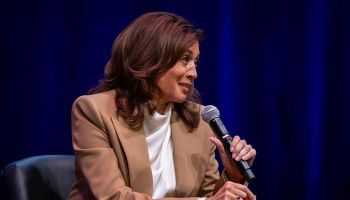Neo-Soul Legend D’Angelo’s Impact On Artists
D’Angelo’s Impact: Artists Who Have Been Inspired By The Neo-Soul Legend
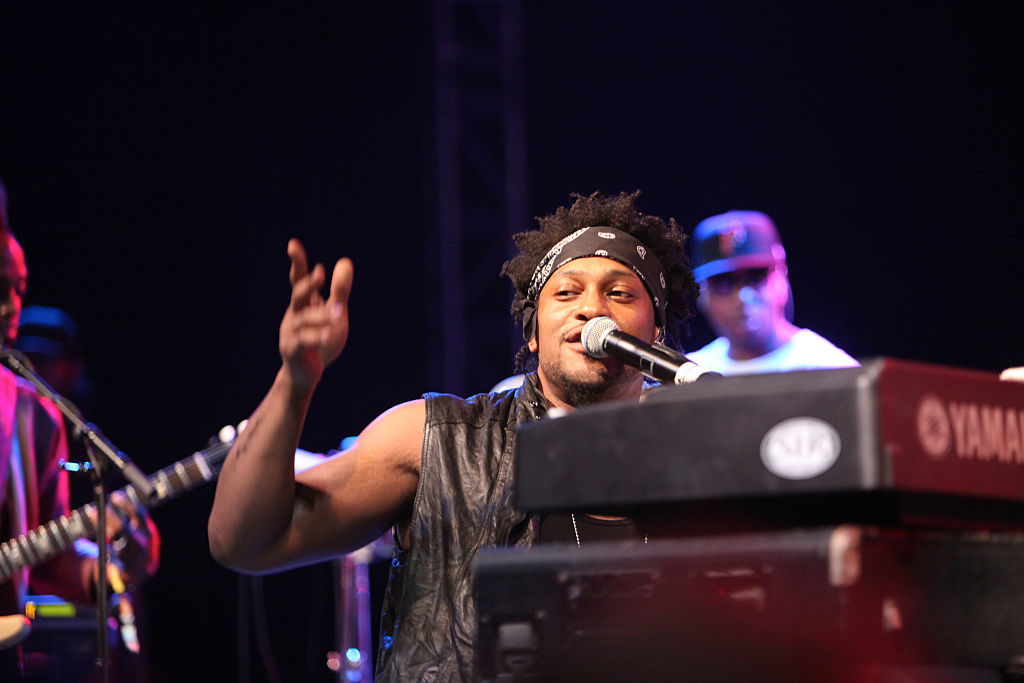
The music world is mourning the loss of D’Angelo, who has passed away at the age of 51 after a private battle with pancreatic cancer. Known as one of the architects of the neo-soul movement, D’Angelo’s influence stretched far beyond his modest discography. In an industry often driven by fast trends, his music embodied patience, depth, purpose, and raw humanity. The Richmond, Virginia native reminded listeners that real soul can’t be rushed and that soul music wasn’t just a genre, but also a spiritual experience. His artistry didn’t just inspire; it set the standard for how Black musicians could seamlessly merge tradition and evolution.
D’Angelo first burst onto the scene in 1995 with Brown Sugar, a debut album that helped define a new sound for R&B. Mixing live instrumentation, gospel roots, jazz fluidity, and hip-hop swagger, he created something timeless and undeniably authentic. The album’s hits, “Lady” and “Brown Sugar,” became instant fan favorites and lent commercial weight to the ever-growing neo-soul movement. His 2000 masterpiece Voodoo cemented him as a musical genius, earning him his first two Grammy Awards (Best R&B Album, Best Male R&B Vocal Performance). The record’s sultry single “Untitled (How Does It Feel)” became a cultural moment due to its iconic video. When Black Messiah dropped in 2014 after a 14-year hiatus, it became both a protest record and a celebration of Black resilience. The project felt prophetic in its timing and message, and just as urgent as his debut. The socially aware album earned D’Angelo two more Grammys (Best R&B Album, Best R&B Song).
Throughout his career, D’Angelo worked alongside and inspired a host of artists who would shape modern soul and R&B. As part of the Soulquarians collective (with Questlove, James Poyser, J Dilla, Erykah Badu, and Common), he helped pioneer a sound that blurred the lines between funk, hip-hop, and gospel. Collaborations with Raphael Saadiq, Angie Stone, and Lauryn Hill revealed his ability to turn creative chemistry into musical history.
His artistry has influenced generations of musicians, including Robert Glasper and Anderson .Paak to Frank Ocean, H.E.R., Miguel, and Jazmine Sullivan. D’Angelo’s smooth vocals, live musicianship, and sense of groove became a blueprint for artists searching for depth and honesty in their sound. All of the aforementioned names carry traces of him in the music.
D’Angelo’s legacy goes deeper than just his sound, though. He represented the sacred balance between vulnerability and power, an artist who refused to compromise his art for fame or fortune. His long silences between albums weren’t just absences; they were testaments to his perfectionism and deep respect for his craft. To many, D’Angelo wasn’t just the face of neo-soul; he was the heartbeat. Now, as fans and peers across the globe pay tribute, one thing is clear: Although he’s gone, his spirit will continue to echo through every artist who carried forward the sound he helped create. Rest In Peace to a legend!
RELATED: D’Angelo, Voice Of Neo-Soul, Dead at 51 — Cause Of Death Revealed
D’Angelo’s Impact: Artists Who Have Been Inspired By The Neo-Soul Legend was originally published on globalgrind.com





